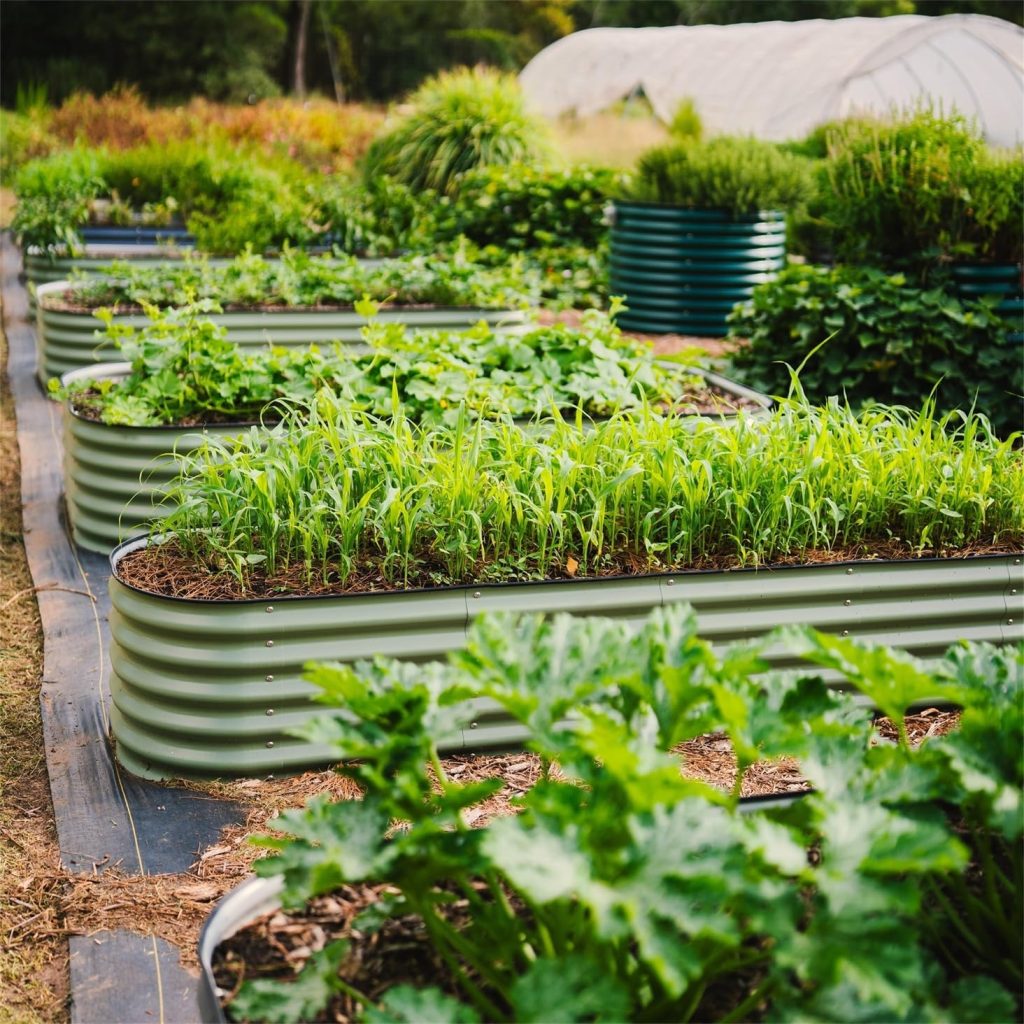Environmental Benefits of Organic Gardening
The environmental benefits of organic gardening extend far beyond mere cultivation practices. By eschewing synthetic pesticides and fertilizers, organic gardening promotes ecological balance. It fosters soil health by encouraging the growth of beneficial microorganisms, thus reducing soil erosion and enhancing water retention.
Organic practices also minimize pollution, preserving water quality and safeguarding aquatic habitats. Moreover, organic gardening mitigates greenhouse gas emissions by utilizing sustainable techniques such as composting and crop rotation, which sequester carbon and reduce reliance on fossil fuels.
Additionally, it conserves energy by eliminating the need for chemical inputs and transportation. Embracing organic gardening not only nurtures healthier plants but also nurtures the planet, fostering a harmonious relationship between humans and the environment.
Environmental Benefits of Organic Gardening
Organic gardening offers a myriad of environmental benefits that contribute to sustainable ecosystems and healthier communities. Here are eight significant advantages:
- Reduced Chemical Pollution: Organic gardening refrains from using harmful synthetic pesticides and fertilizers. By opting for natural alternatives like composting and companion planting, organic gardeners minimize chemical pollution.
- Preservation of Soil Health: Organic practices prioritize soil conservation by promoting biodiversity and microbial activity. Techniques such as crop rotation and mulching improve soil structure, water retention, and nutrient cycling, fostering long-term fertility without degrading the land.
- Enhanced Biodiversity: Organic gardens provide habitats for diverse plant and animal species. Avoiding chemical pesticides preserves beneficial insects like pollinators and predators, contributing to ecosystem resilience and genetic diversity.
- Water Conservation: Through techniques like mulching and drip irrigation, organic gardening minimizes water usage by reducing evaporation and runoff. By fostering healthy soil, organic methods enhance water infiltration and retention, mitigating the impacts of drought and promoting efficient resource utilization.
- Climate Change Mitigation: Basically, organic practices sequester carbon in the soil through increased organic matter content. By avoiding synthetic fertilizers, which release greenhouse gasses, organic gardening helps mitigate climate change by reducing carbon emissions and enhancing carbon storage in the soil.
- Protection of Wildlife: Organic gardening preserves natural habitats and minimizes habitat destruction associated with conventional agriculture. By providing safe environments free from chemical contamination, organic gardens support diverse wildlife populations. This includes birds and insects to mammals and amphibians.
- Reduced Energy Consumption: It typically requires less energy input than conventional methods reliant on synthetic inputs and machinery. By emphasizing manual labor, composting, and natural pest control, organic practices decrease dependence on fossil fuels and promote energy efficiency.
- Promotion of Sustainable Practices: Organic gardening also fosters an ethos of sustainability by prioritizing environmental stewardship and community engagement. By supporting local food systems and sharing knowledge about organic methods, gardeners inspire broader adoption of eco-friendly practices.

